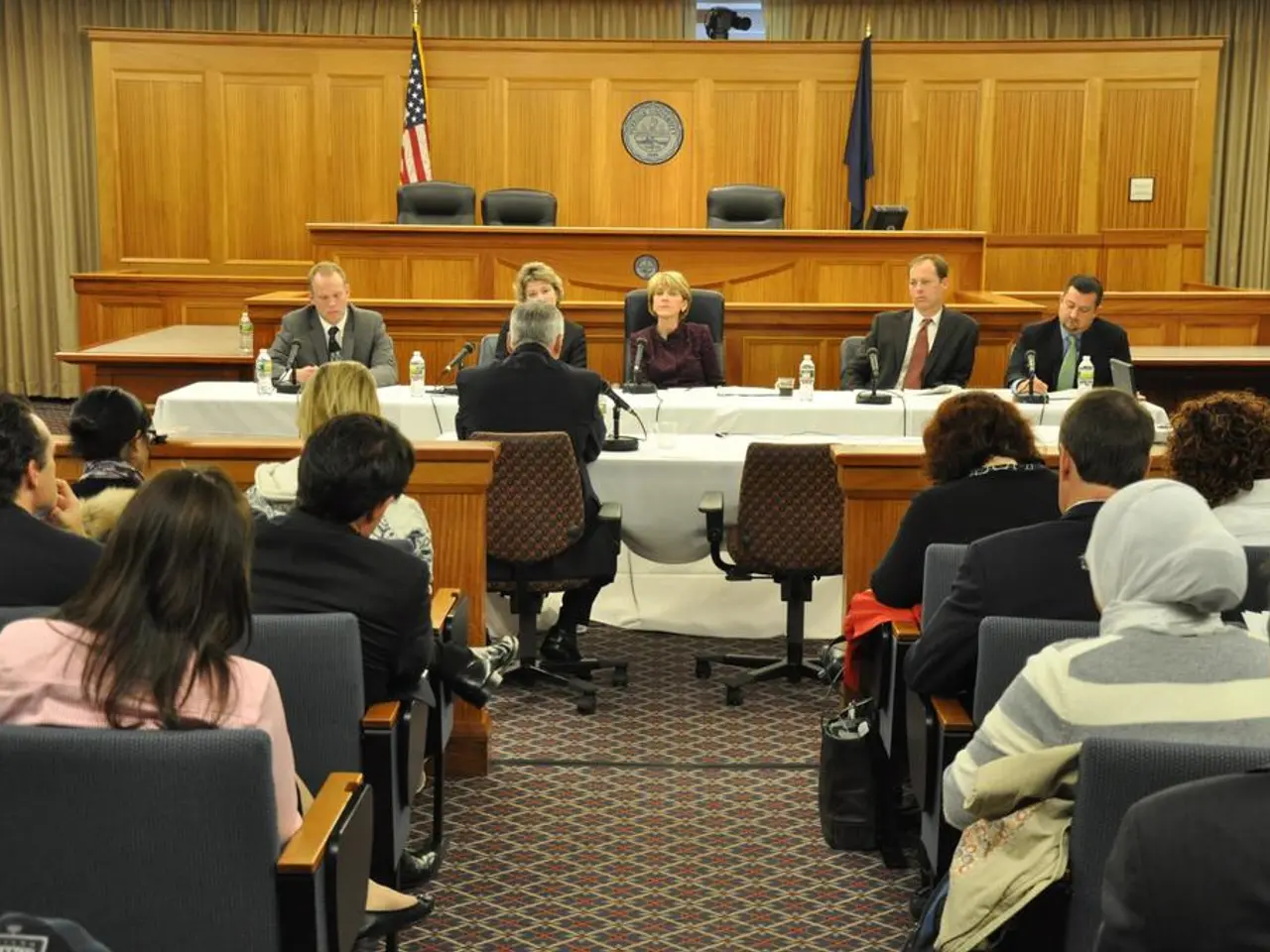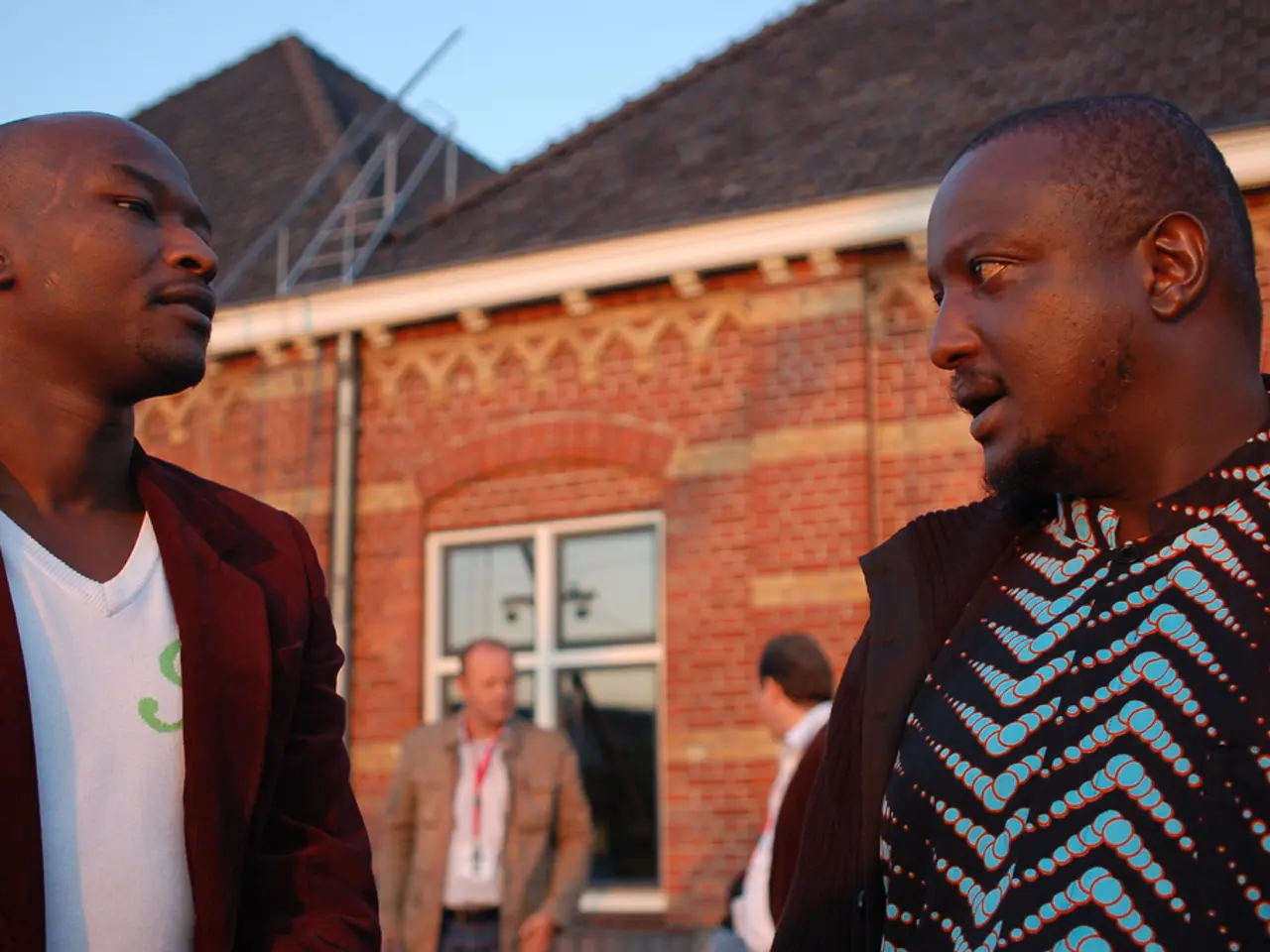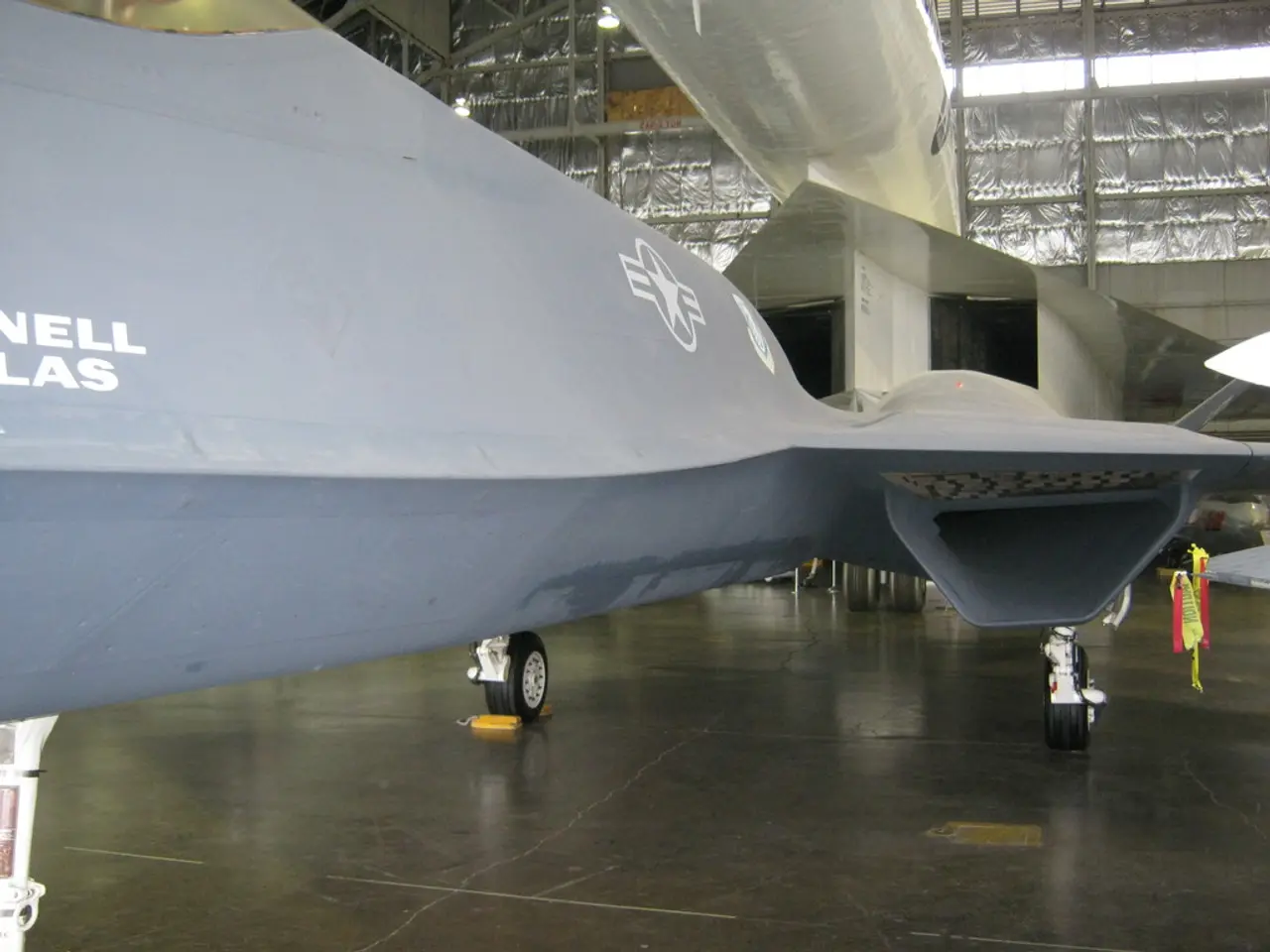Germany-Poland Border to Implement Checkpoints Starting From Monday
Poland has announced plans to reintroduce temporary border controls with both Germany and Lithuania, starting from July 7, 2025. This decision comes in response to rising concerns over irregular migration and the tensions arising from Germany's tightened border controls, which Poland claims have resulted in asylum seekers being returned to Polish territory.
The root of the tension lies in the increased number of irregular migrants being sent back from Germany to Poland. Poland's Prime Minister, Donald Tusk, has expressed his frustration, accusing Germany of creating a migration problem and then pushing it back onto Poland. Germany, under the leadership of Chancellor Friedrich Merz, has been strengthening its border police and controls as part of a tougher migration policy after Merz took office in May 2025, with a commitment to limit asylum seekers entering Germany. However, Germany denies forcing migrants into Poland, stating that the controls are temporary and coordinated with Poland.
Poland also views the migrant flows as part of a broader challenge involving its eastern border. It accuses Belarus of deliberately channelling migrants into Poland and Lithuania to destabilize the region, prompting Poland to impose controls on its border with Lithuania to similarly limit illegal crossings.
The response from neighbouring countries and the EU Commission includes dialogue at the governmental level. Germany's Chancellor Merz has stated that his government is in close contact with Poland to minimise the impact of border controls and has highlighted the shared nature of the migration problem with Lithuania and Poland. The situation has raised concerns about the stability of the Schengen free-travel zone, as actions from both Poland and Germany undermine the open borders principle within the EU.
Federal Interior Minister Alexander Dobrindt has ordered more intensive border controls since the new federal government took office in May. Dobrindt denies the possibility of a "ping-pong game" at the border and offers joint border controls with Poland. Rumours of migrants being sent to the border and then to Poland by Germany are unfounded, according to Dobrindt. Merz also denies the existence of a "return tourism" to Poland, where asylum seekers are sent back and forth.
The border control reintroduction in Poland reflects rising political pressures from nationalist parties and public protests triggered by migrant returns from Germany. Poland's outgoing President, Andrzej Duda, has criticised the government's handling, emphasising that Poland will not resolve Germany's migration issues. The SPD politicians accuse Merz of not coordinating sufficiently with European partners on border controls. However, Merz and Tusk have discussed the issue and aim to solve the common problem together, according to Merz.
The far-right in Poland is organising self-proclaimed border patrols in response to rejections from the western neighbour. The Police Union (GdP) fears a "ping-pong game" at the border, where migrants might be sent back and forth between Germany and Poland. An interim decision by the Berlin Administrative Court found the rejection of three Somalis at a border control at Frankfurt (Oder) station on May 9 to be unlawful.
Federal Chancellor Friedrich Merz defends German border controls to combat irregular migration. Tusk criticises the behaviour of far-right activists organising patrols at border crossings with Germany. The current status is that Poland will temporarily reintroduce border controls with Germany and Lithuania starting July 7, 2025.
The escalating tension between Poland and Germany is significantly influenced by migrant-related politics, as Poland's Prime Minister, Donald Tusk, accuses Germany of pushing its migration problem back onto Polish territory. Furthermore, the general news landscape is rife with discussions surrounding Poland's decision to reintroduce temporary border controls with both Germany and Lithuania, starting from July 7, 2025. This decision stems from concerns over irregular migration and the tensions arising from Germany's strengthened border controls.







